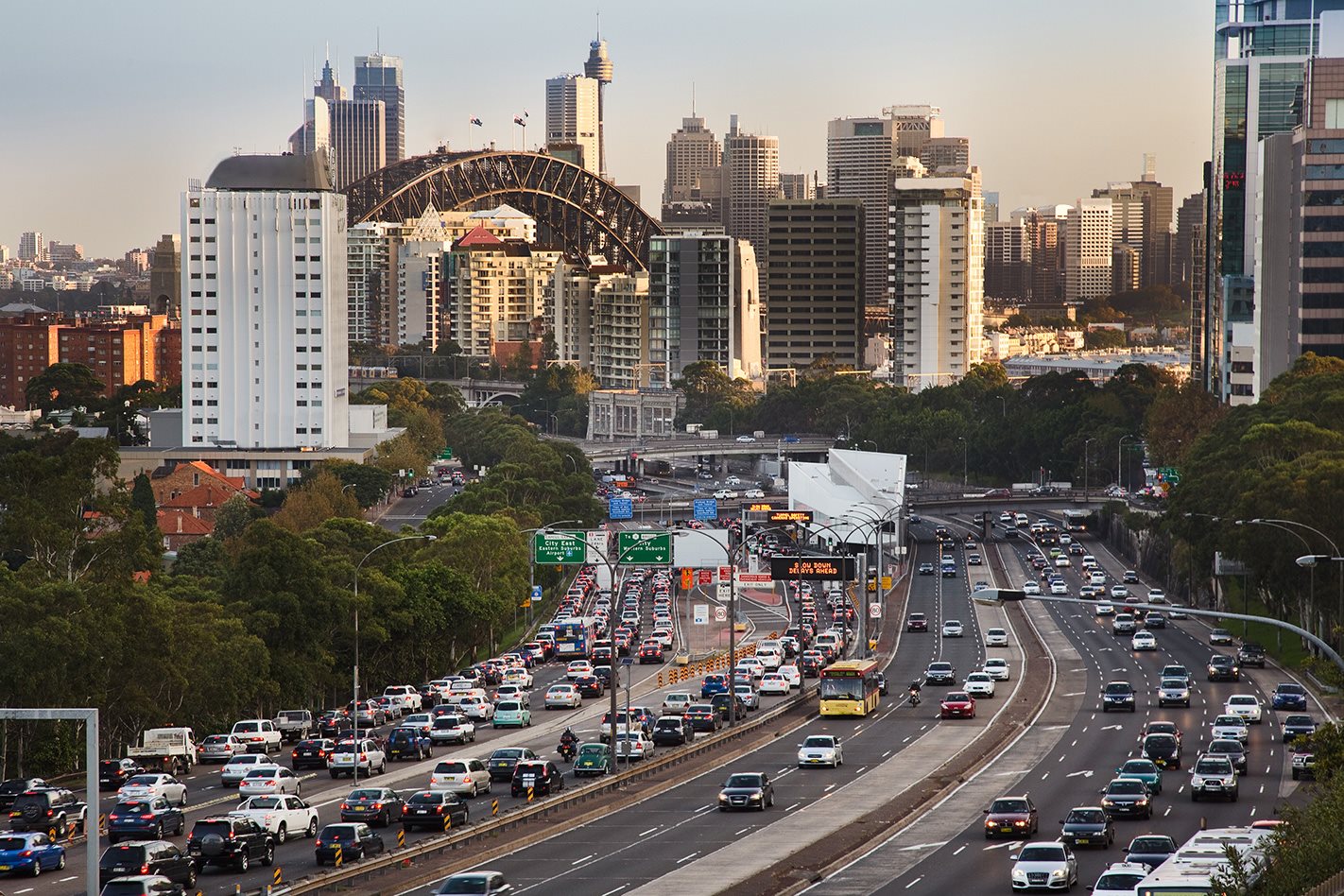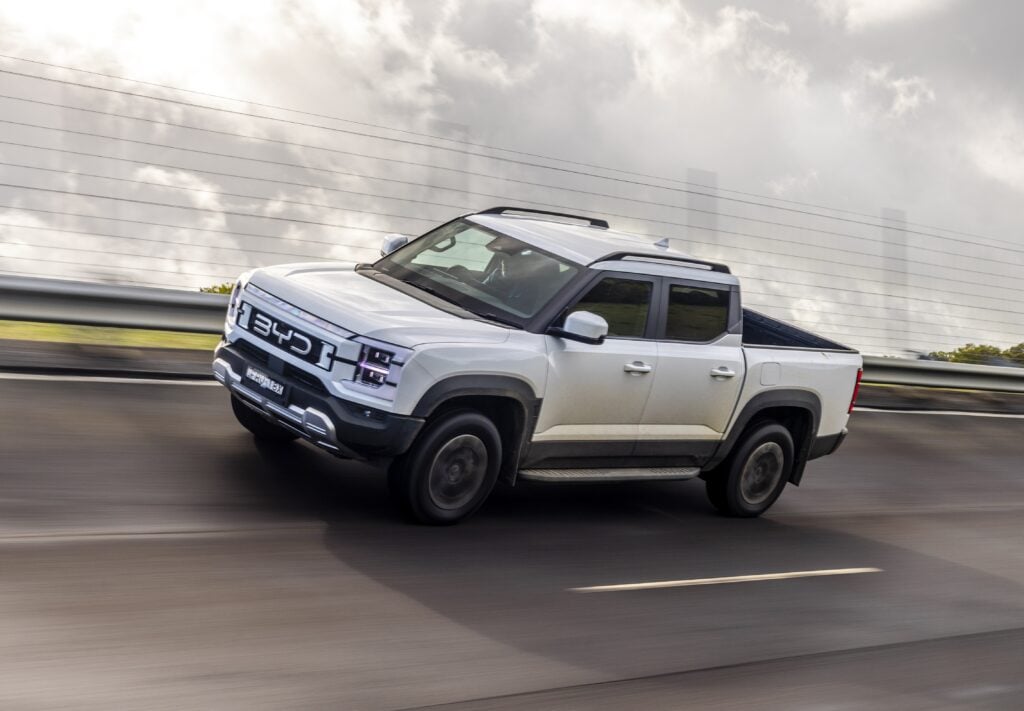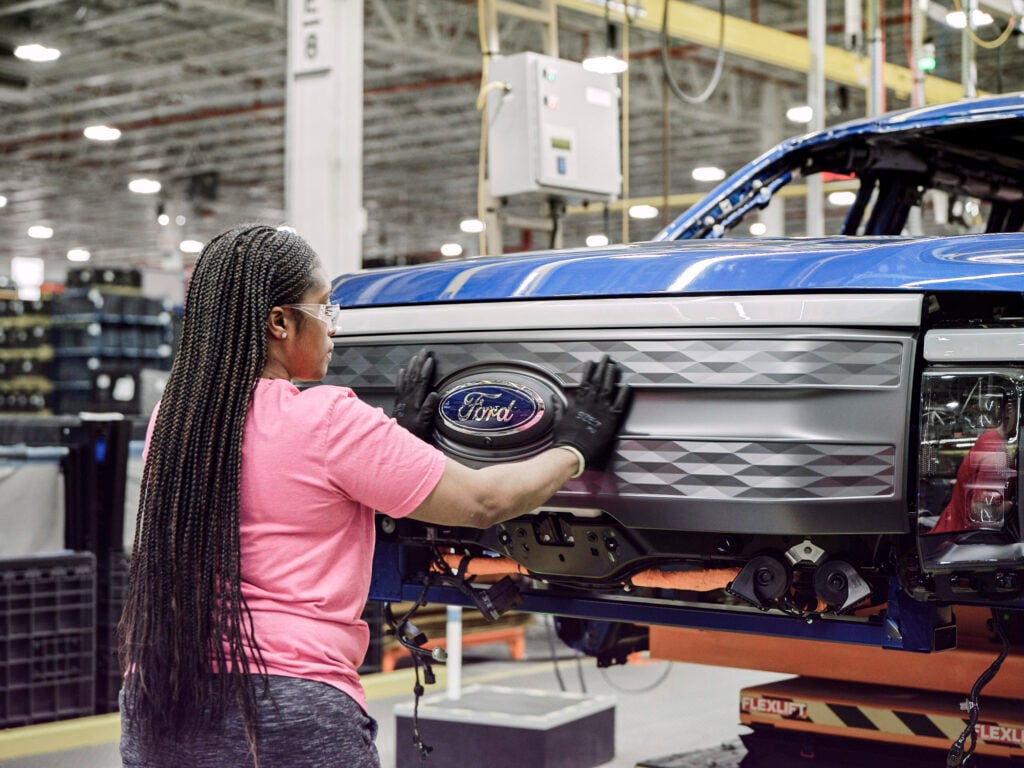Snapshot
- Australia’s infrastructure rating has dropped 20 places in the last four years
- AAA suggests taxes be redirected towards transport to rejuvenate the economy
- Only half of the fuel excise tax has been spent on transport projects
The transport sector has been touted as one of the biggest parts of Australia’s local economy to lead us through our post-COVID-19 recovery period, according to one of the industry’s peak bodies.
The Australian Automobile Association (AAA) has called for transport to be one of the leading sectors in Australia’s economic recovery, as well as a major part of this year’s upcoming federal election.
According to the peak body for the motoring industry, Australia has recently slipping down the rankings in the World Economic Forum’s analysis of global transport infrastructure, dropping from 18th to 38th place in the four years leading up to 2019.
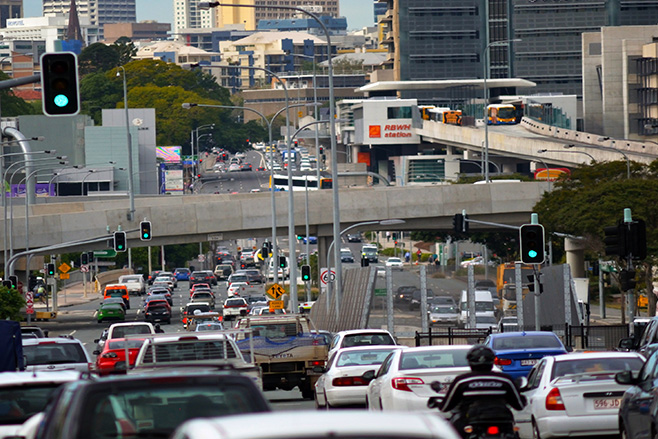
AAA’s managing director Michael Bradley has called on the Australian Government to reconsider how it spends its tax revenue, with only half of the estimated $13 billion expected to be gained from the fuel excise tax this year to be reinvested in transport projects.
“With petrol prices at record levels, Australian motorists deserve to have every cent of their fuel taxes spent on projects that make their commutes faster, their families safer, and their communities stronger,” said Bradley.
“The past decade has seen just 53 per cent of the fuel excise spent on the transport network and as a result Australia is now having to play catch up.
“Both sides of politics have in recent days been right to resist calls for fuel tax cuts, citing the importance of fuel excise as the nation’s main source of road-building revenue.
“But the time has come for both sides of politics to commit to using 100 per cent of fuel taxes to build projects that get Australians and our economy moving again.”
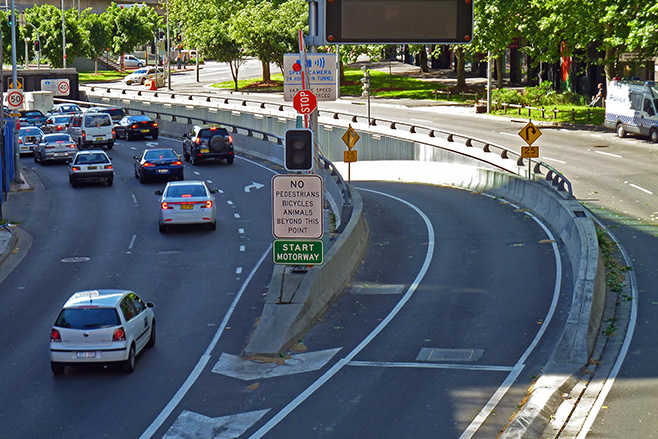
The AAA’s Green Light Australia’s Recovery campaign is a part of the peak body’s policy platform for 2022, in which it calls for not only smarter investments in infrastructure, but also a more uniform, nationwide approach to road safety.
Bradley has recently been outspoken on the issue of road safety, previously calling for a data-led approach to coordinate a better way for Australian roads to be improved.
“Australia’s worsening road toll reflects poorly on our chaotic national approach to road safety, which has been shown by recent inquiries and reviews to still lack clarity and coordination,” said Bradley last year, off the back of a surprisingly high road toll being recorded.
“National road trauma data collection and reporting remains shambolic, and ministers considering Australia’s overdue National Road Safety Strategy 2021-2030, need to prioritise this issue.
“At a time when Australians have daily reporting of COVID-19 infections, hospitalisations, deaths, and vaccinations split by age, gender, and jurisdiction, nobody knows how many Australians were seriously injured on our roads last year, let alone the interventions likely to deliver improvements in the future.”
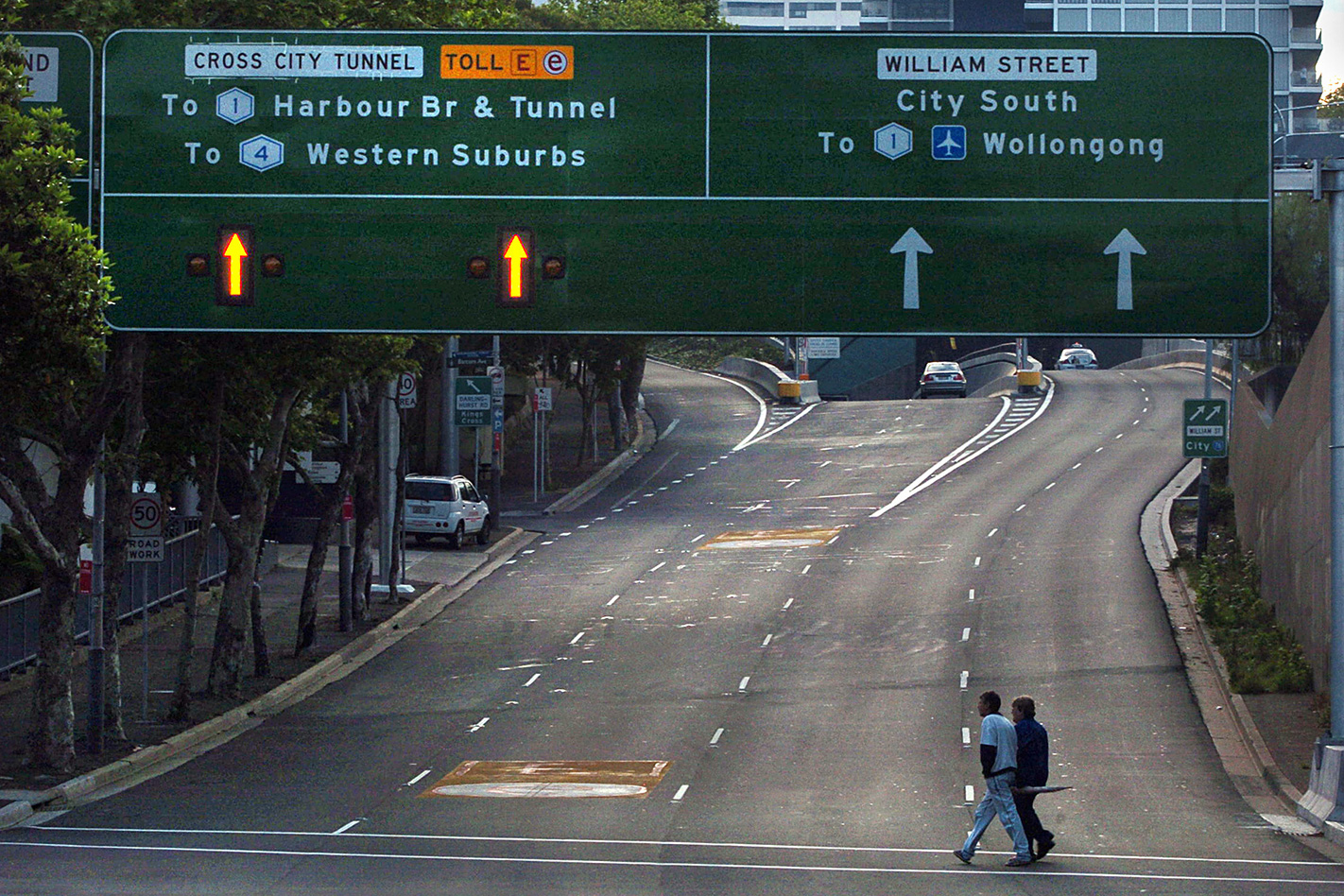
Also rolled into the AAA’s policy platform are its ambitions for the Australian Government to improve the quality of fuel available to local motorists (which will also reduce greenhouse gas emissions), while simultaneously pushing for more accurate emissions and fuel efficiency testing measures – after it found a number of vehicles failed to meet local standards.
A recent report by the AAA found Australian household transport costs had risen to roughly $413 a week last year, with the recent petrol price boom only driving those numbers up.
We recommend
-
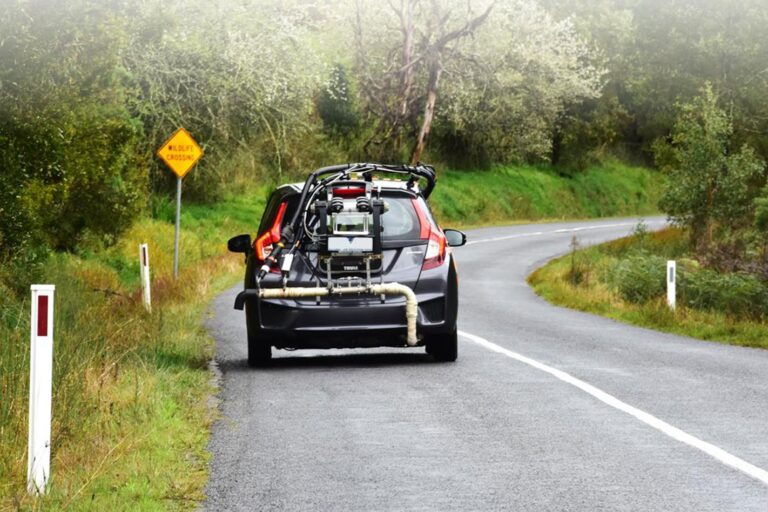 News
NewsCars fail official real-world fuel efficiency and emissions testing, AAA finds
Preliminary results of tests designed to highlight the difference in official fuel economy figures reveal what we already know – they’re unrealistic.
-
 News
News2021 Australian road toll increases in spite of lockdowns
Quieter roads didn't lead to safer roads in 2021
-
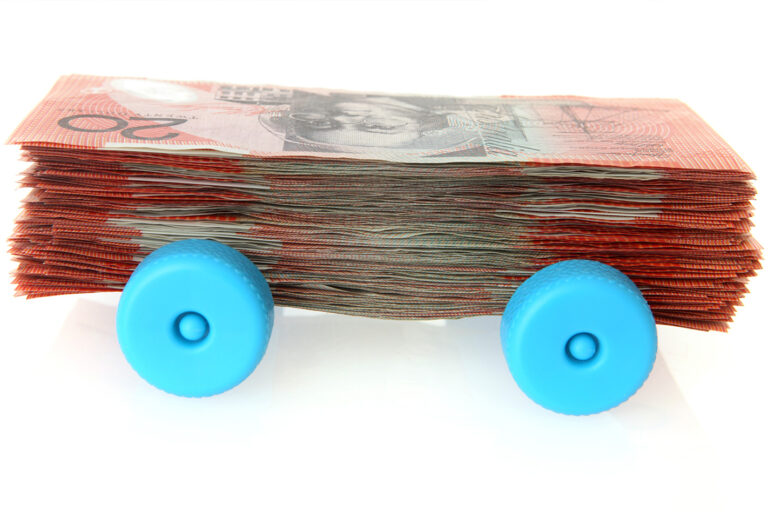 News
NewsAnnual transport costs increase by more than $3500 in 2021
The three most populous capital cities are unsurprisingly the most expensive to live in


